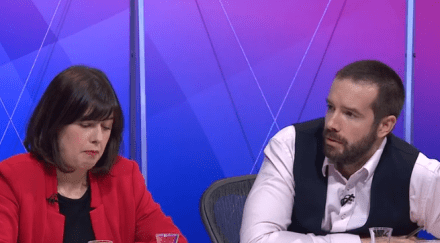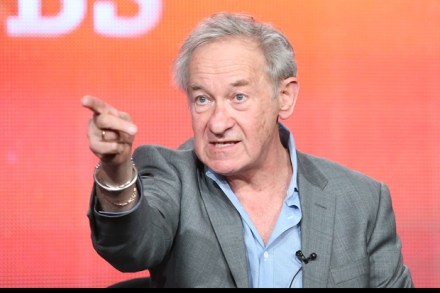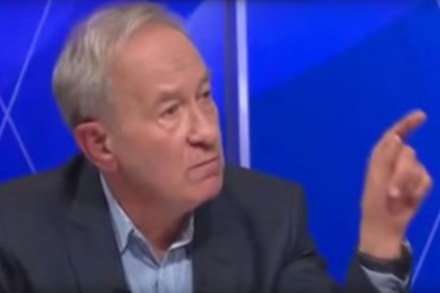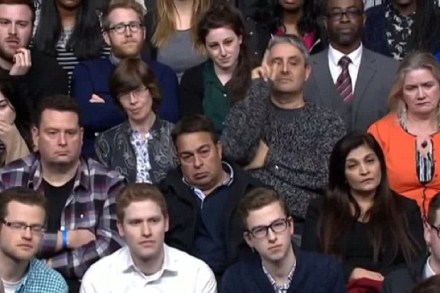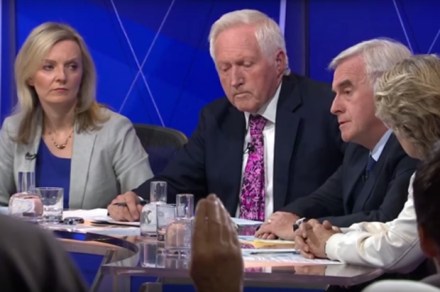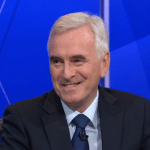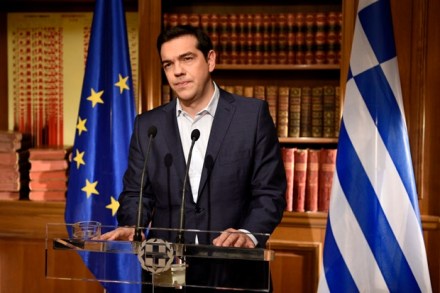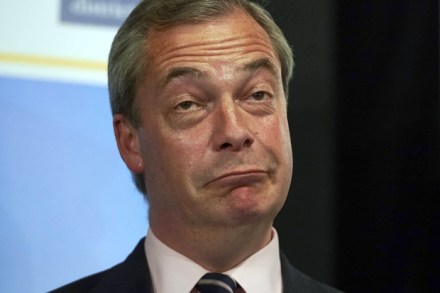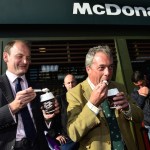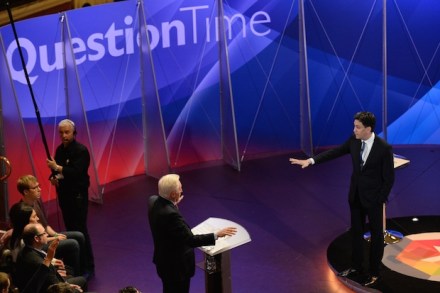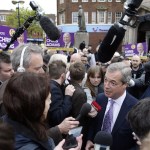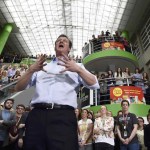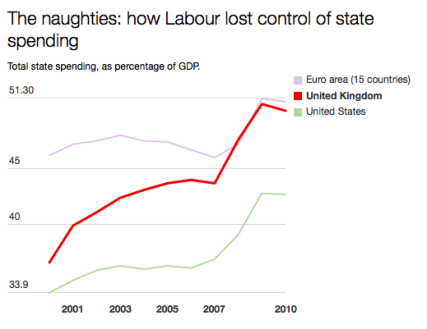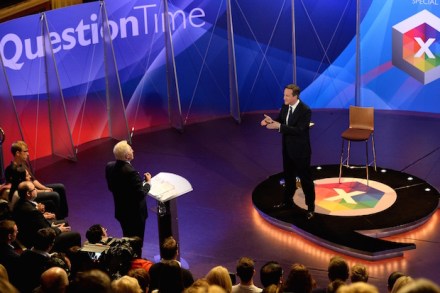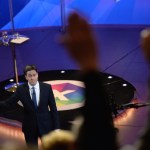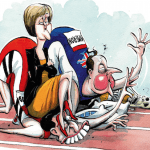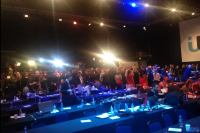A ‘kinder politics’ falls flat on Question Time
Last night’s episode of Question Time saw David Dimbleby joined in Stoke-on-Trent by Sajid Javid, Lucy Powell, Ukip’s Paul Nuttall, the Sun‘s managing editor Stig Abell and Paris Lees, the transgender rights activist. With Jeremy Corbyn the main topic on the agenda following the Sun‘s story this week claiming Corbyn failed to bow deeply enough at the Remembrance Sunday service at Whitehall, would Corbyn’s supporters prove to all the merits of a new ‘kinder’ politics? At first, it looked like Corbyn’s call to ‘treat people with respect’ and with no ‘rudeness’ may have been taken on board, as even Javid seemed keen to take part in the new regime. Discussing the leader of the opposition,
